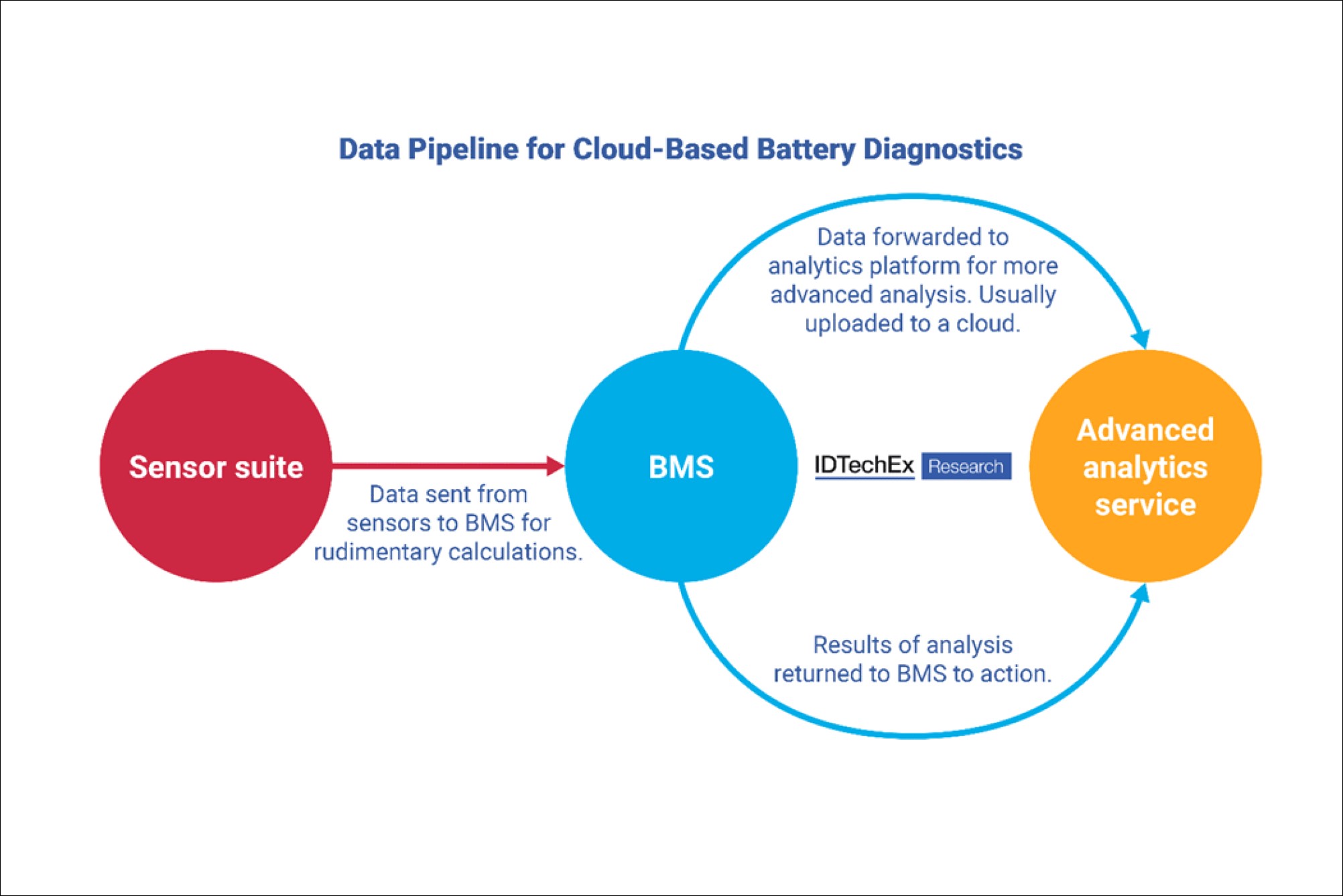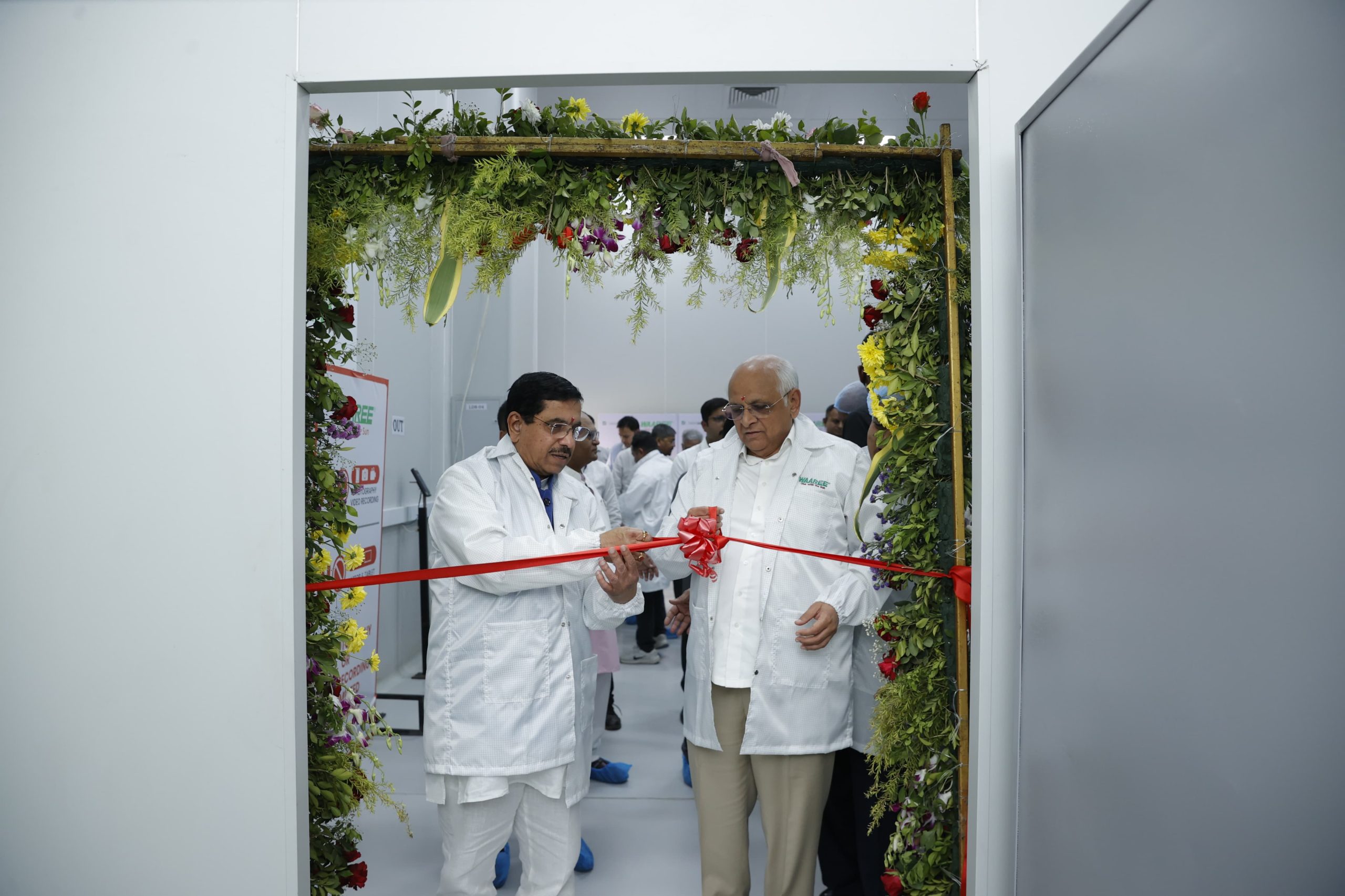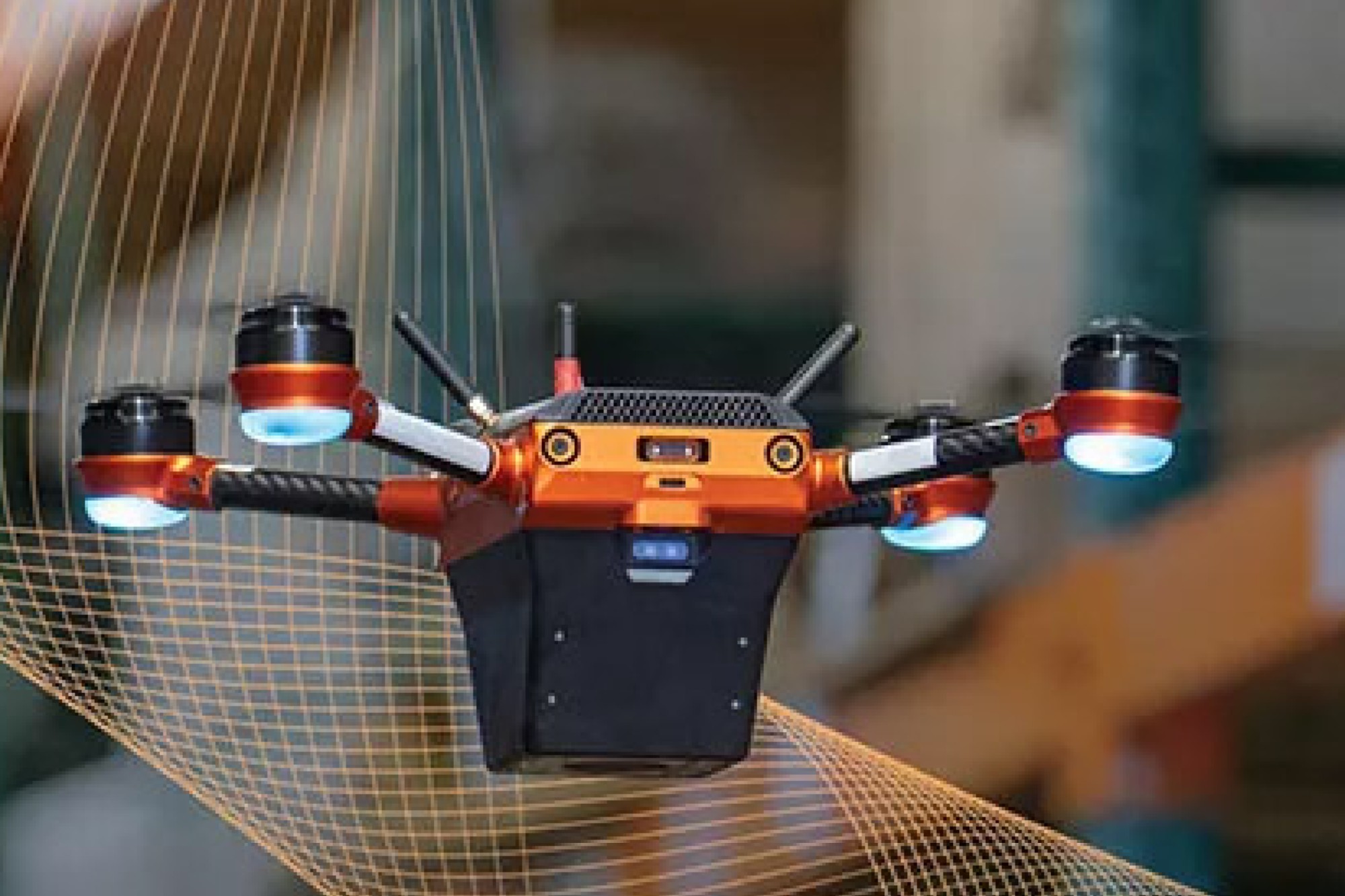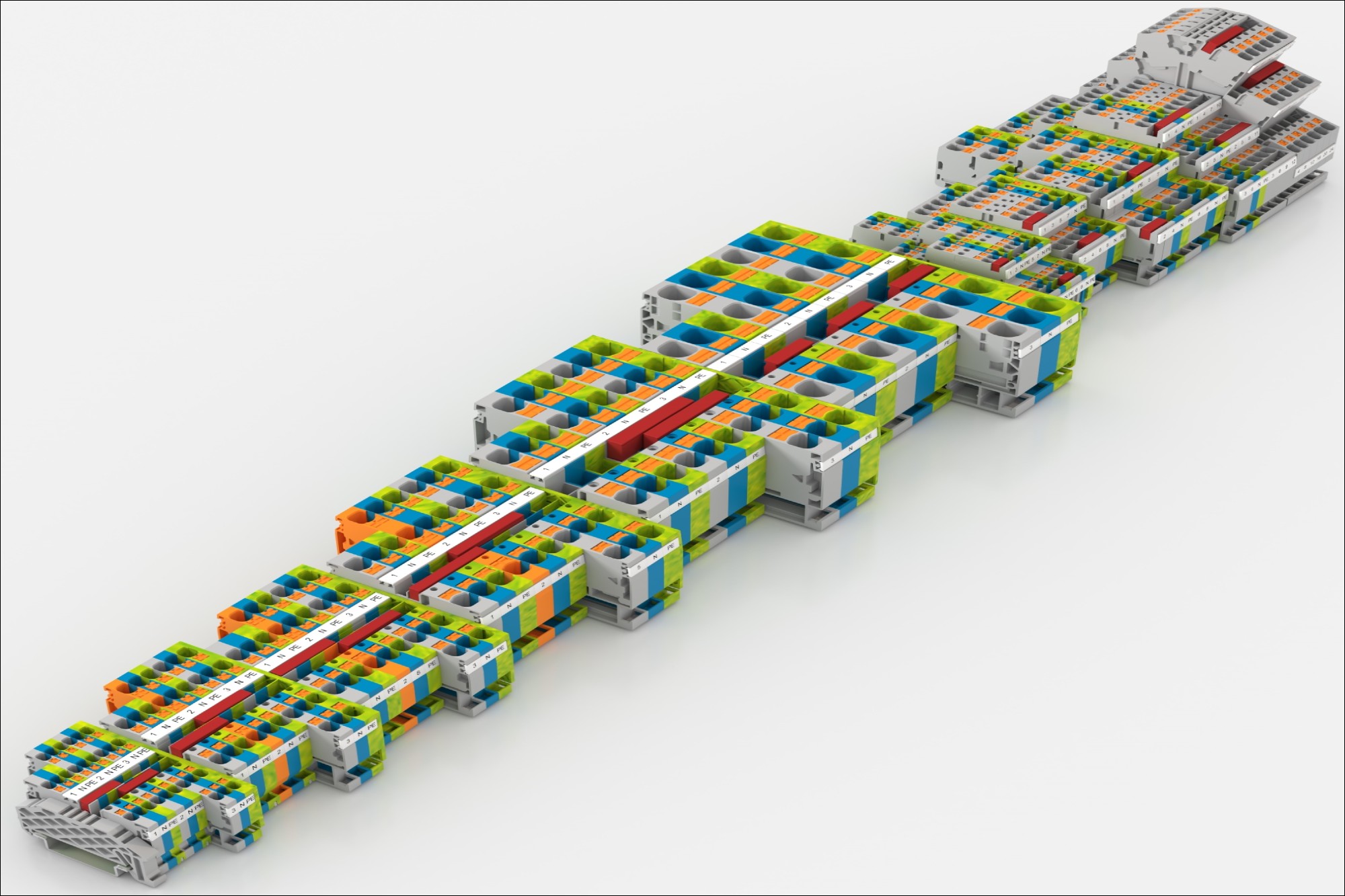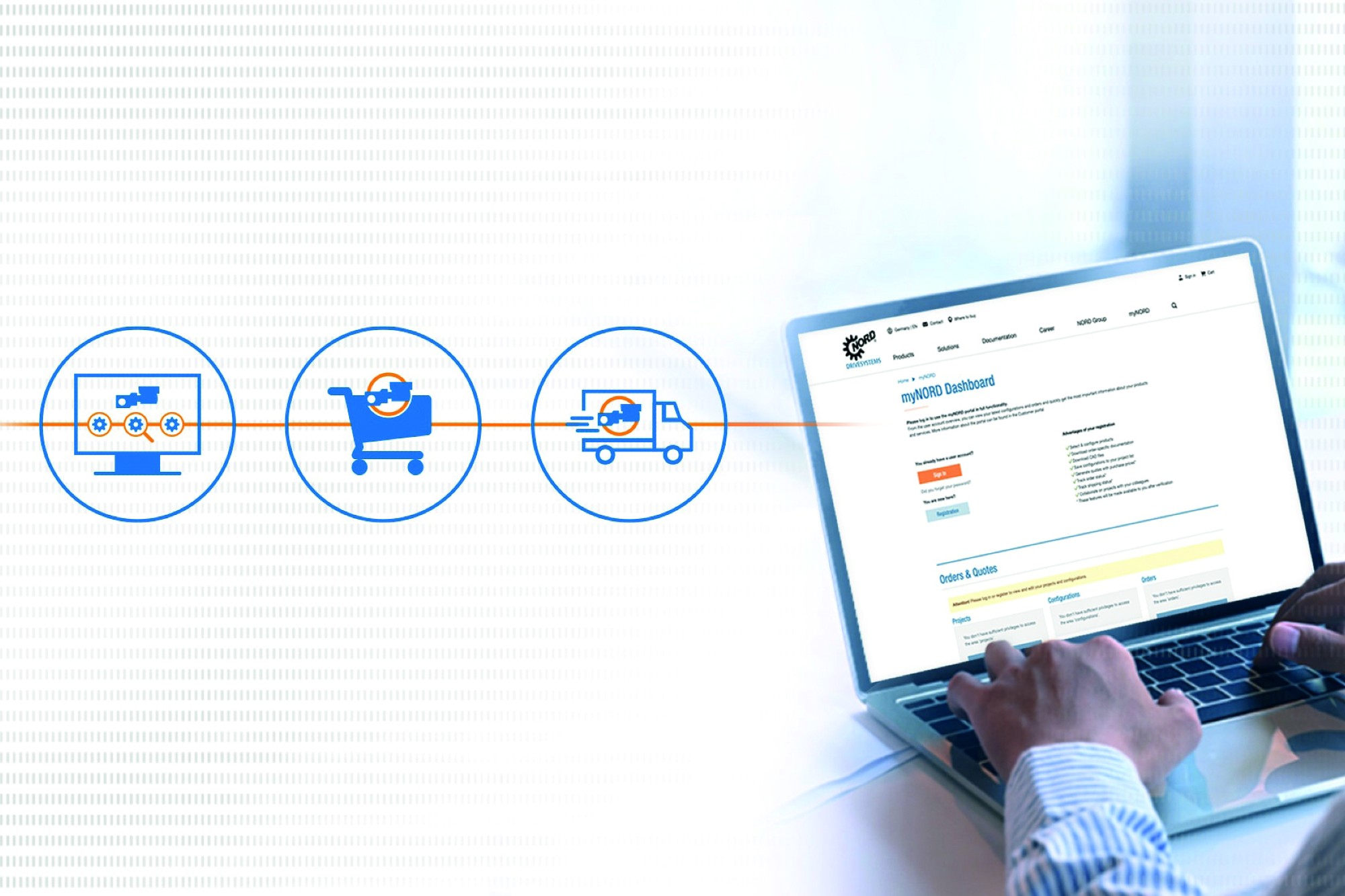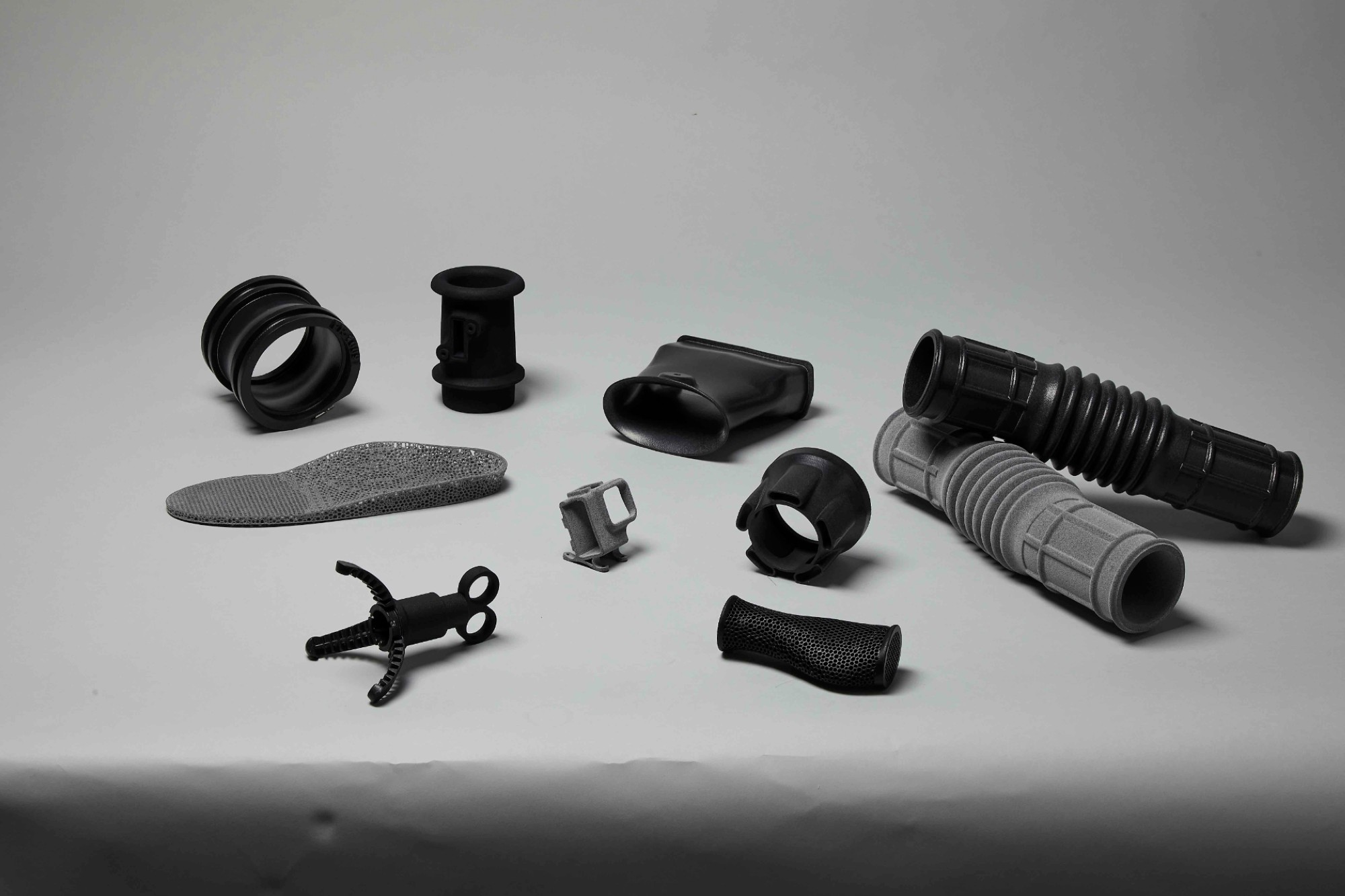AI diagnostics could allow for lower insurance premiums for BESS
By Staff Report December 17, 2024 12:22 pm IST
Battery diagnostics are crucial in battery energy storage systems (BESS) and mobility markets, as battery degradation can lead to unexpected failures or safety concerns.
Battery diagnostics are a necessary tool in the battery energy storage system (BESS) and mobility markets. Over the course of a lifetime, battery degradation can lead to unexpected early failures or even safety concerns, which can be catastrophic in larger battery deployments. To counteract these concerns, battery health (SoH) and degradation must be tracked. To do this, measurements of basic electrochemical properties (voltage, current, resistance) are required, ideally over a large time period. The battery management system (BMS) can provide this data, but the system itself has limited analytic capacity. External diagnostics, in which analysis is performed after uploading to a cloud, allow for more efficient use of BMS data. Machine learning methods are some of the most promising for this form of battery diagnostics.
Supervised learning methods are the primary algorithms employed in AI-assisted battery diagnostics. They are used to solve two distinct problem classes: regression and classification. In regression problems, the aim is to estimate the true value of a continuous property, e.g. state of charge (SoC), remaining useful lifetime (RUL) or state of health (SoH). In classification problems, the aim is to sort candidates into distinct groups, e.g. ‘good’ and ‘bad’ cells, or ‘highly degraded’ and ‘less degraded’. For both problem classes, traditional methods involve physics-based calculation and modelling, which presents challenges, as battery degradation modes are complex processes with many dependencies. However, data-driven machine learning techniques, such as artificial neural network (ANN), decision tree methods and k-means clustering, can be used in conjunction with or in place of physics-based modelling, to better assess cell degradation.
Usually, specific degradation modes are identified through classification. A number of flags are used, each corresponding to indicative behaviours during charging and usage. This identifies degradation early, allowing cell charging profiles and usage strategies to be modified to limit degradation growth. In this way, AI-assisted diagnostics have proven battery lifetime and increase the overall safety of the deployment. AI-assisted diagnostics have proven to offer an improved battery lifetime of 10-20%.
Improvements in lifetime and reductions in risk are vital to insurers, who seek to minimize the cost and number of payouts. As such, ensuring that a suitable diagnostic service is provided for insured battery deployments can be advantageous. Already, the market has seen arrangements whereby an insurer will offer better premiums for fleet and BESS owners should they use machine-learning-assisted diagnostics services.This has been seen especially in the European market, which has many active players in the cloud-based diagnostics space. Two of the larger third-party cloud-based players are ACCURE and TWAICE, with ACCURE currently the market leader in the BESS space. HDI insurance has clarified that it will offer better premiums for clients using ACCURE’s diagnostics services, for the reasons listed above. Meanwhile, TWAICE announced an insurance partnership with NARDAC in June 2024, publishing a whitepaper supporting the benefits of a diagnostics-based approach to risk management.
The AI-assisted diagnostics market, specifically the third-party market for cloud-based services, is set to reach a global capacity of 190 GWh by 2035, with a CAGR of 23.4%. This growth will be fueled in part by arrangements between insurance providers and diagnostics players. By reducing premiums, a tangible value proposition even beyond lifetime increase can be provided, further incentivizing BESS and mobility players to utilize these services. IDTechEx predicts that AI-assisted battery diagnostics will become the norm across much of the BESS industry.
Author: Daniel Parr, Technology Analyst at IDTechEx
To find out more, see IDTechEx’s recent report, www.IDTechEx.com/AIBattTech.
Cookie Consent
We use cookies to personalize your experience. By continuing to visit this website you agree to our Terms & Conditions, Privacy Policy and Cookie Policy.



